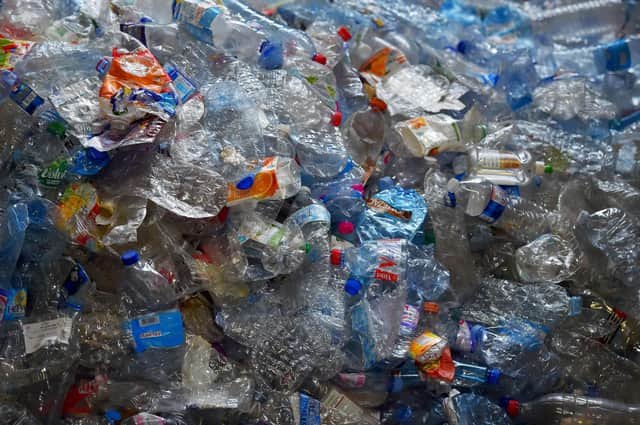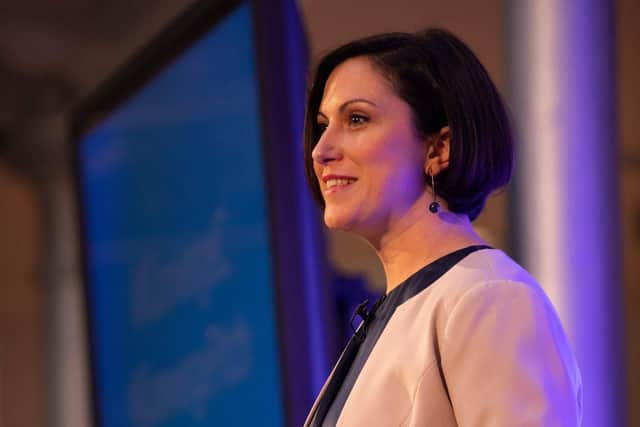Claudia Cavalluzzo: Responsible science means being aware of drawbacks in major advances


Whilst new to me, the concept of responsible research and innovation was first introduced by European Union researchers around a decade ago. It refers to scientific research and technological development that take into account the wanted and unwanted effects and impact that these efforts have on the environment and society.
RI challenges scientists’ own understanding of the complex consequences and ripple effects of their innovations and it encourages the use of ethical frameworks to bring RI onto both funding and research practice areas.
Advertisement
Hide AdAdvertisement
Hide AdThe European Commission has included the concept in many of its research calls, as have various academic funding bodies, and we can now see how the RI debate has evolved to include entrepreneurship.


But why is this important? Haven’t we all benefited from the advancement provided by scientific discoveries?
Let’s take plastic, for example. The first synthetic polymer was invented in 1869 by John Wesley Hyatt, who was inspired by a New York firm’s offer of $10,000 for anyone who could provide a substitute for ivory. This discovery was revolutionary. The surge in plastic production started with the Second World War and continued after it ended. It was in the 1960s, when initial concerns about the environment began to surface, that plastic started to become the target of many anti-pollution campaigns.
Plastic is cheap, readily available and long lasting… what’s not to like? Well, its durability means that once produced, it lasts forever in the environment – not to mention the much-discussed bisphenol A and phthalates that have been proven to be harmful to humans, especially to babies.
It is now easier to see how such a revolutionising discovery can be considered to be one of the misfortunes of the 21st century and one that we will have to deal with for many years to come.
Would an RI framework have been able to avoid or even just predict the harmful effects of plastic on the environment and society? That’s difficult to say.
However, we need to learn from the past and start to change the way we look at scientific and technological improvements. We need to analyse them in a much wider, inter-connected socio-environmental context.
When looking at this year’s Converge Kickstart finalists, Scotland’s leading entrepreneurial development platform for aspiring academic entrepreneurs, I see a bunch of entrepreneurially-minded individuals who are much more up to speed with the concept of responsible innovation and putting it in action.
Advertisement
Hide AdAdvertisement
Hide AdMercel, developed by Mark Dorris at Edinburgh Napier University, is striving to offer ways of switching from a dependency on fossil fuels to a sustainable seaweed resource. This will significantly reduce energy consumption involved in the production of pharmaceutical and personal care products and will create a complete zero waste manufacturing cycle.
Or there’s F-Sense, led by Ross Gillanders from the University of St Andrews, a low-cost, real-time pesticide sensor designed to deal with the significant issue of pesticide contamination of drinking water, which is a pressing global issue, particularly in third world countries.
In a similar vein, the Aquaculture Health Laboratory, run by Brian Quinn from the University of West of Scotland, is developing rapid diagnostic techniques to enhance fish healthcare and increase productivity in Scottish salmonid aquaculture.
What these academic innovators have taught me is that there can only be one type of innovation, one that takes into accounts societal and environmental issues and works collaboratively with all stakeholders to safeguard people and the planet.
However, they also show us that this represents an incredible opportunity, and that by responding to today’s challenges and striving to make the world a better place, we can also find success and economic gains.
Claudia Cavalluzzo, director, Converge.